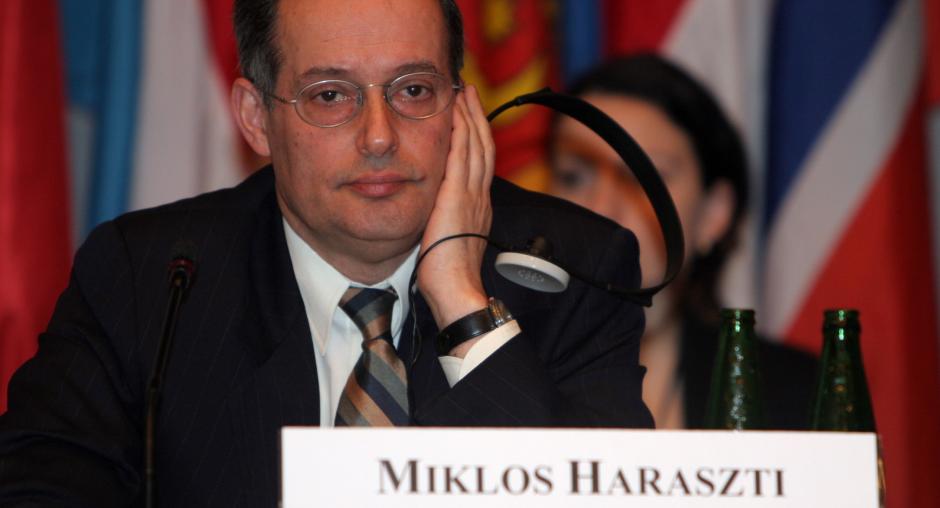OSCE media freedom representative asks Russian authorities to review extremism laws restricting free reporting

VIENNA, 27 July 2007 - The OSCE Representative on Freedom of the Media, Miklós Haraszti, asked the Russian authorities today to re-examine the legal framework on extremism, especially the parts that touch upon the media's right to report on controversial issues.
In a letter to Foreign Minister Sergei Lavrov, the OSCE Representative expressed concern regarding a series of amendments to the laws dealing with extremism, signed by President Vladimir Putin on 26 July.
The Representative criticised the lack of a clear definition of 'extremism'. He pointed to the heterogeneous, wide array of offences that are termed as extremist, such as 'public justification of terrorism', 'mass distribution of knowingly extremist materials', 'libellous accusations of extremism against public officials', 'provision of information services to extremists', and 'hooliganism' with the motivation of hatred.
"Violent 'hate crimes' and actual incitement should be fought with full vigour of the law, but controversial words should be fought with more speech," said Miklos Haraszti.
"The amendments open the way to an arbitrary curtailment of legitimate political debate and the free flow of information. They may result in convictions of journalists for committing professional mistakes or, what is worse, for reporting on issues of public importance in good faith."
"While engaging in the necessary fight against terrorism, special care should be taken to preserve a free, pluralist and independent media. In the whole OSCE area, renewed efforts are needed to preserve citizens' rights to free expression, the restriction of which is weakening the very values that extremists are targeting," he added.
Haraszti also asked the Russian Government to do everything in its power to apply these laws in a way respectful of free speech, and to subject any legislation that restricts the information flow to a regular review process.
